As the globe grows more environmentally conscious and environmentally responsible decisions are made, we are seeing an increase in the popularity of garments that are made from sustainable sources. Tencel fabric, in particular, is an excellent example of that. In this article, we are going to describe some amazing facts about Tencel fabric.
Table Of Contents
What is Tencel Fabric?
Lyocell and modal are just two fibers that are marketed under the brand name Tencel. As a result of their exceptionally soft feel, these fibers are frequently employed in an environmentally friendly fashion.
Due to the fact that they are both made of "regenerated cellulose" fibers, tencel and rayon (i.e., viscose) are comparable in appearance and feel to one another. Wood pulp is taken from the forest and dissolved in a chemical solvent before being forced through an extruder to make the fibers you see here.
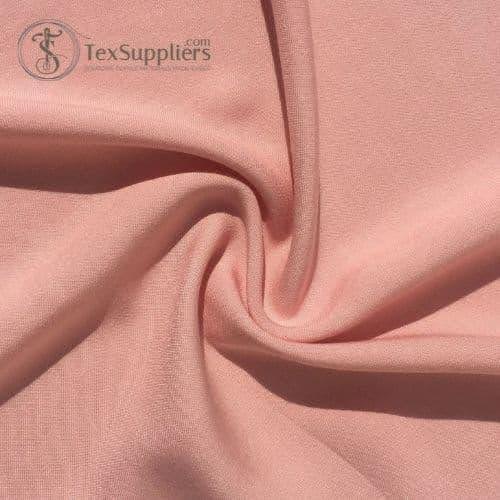
Among the most significant differences is that rayon requires far more energy and chemicals to manufacture, which is both wasteful and harmful to the employees who produce it. Tencel, on the other hand, makes use of chemicals that are less harmful and that are recycled during the manufacturing process, resulting in less waste.
What is Tencel Fabric Made from?
Many eco-friendly clothing businesses are now using Tencel fabric. This is prevalent in tropical brands. Tencel Fabric is a new eco-friendly fabric made from Eucalyptus wood pulp. Unlike conventional fabrics, the spinning process uses a unique eco-friendly solvent.
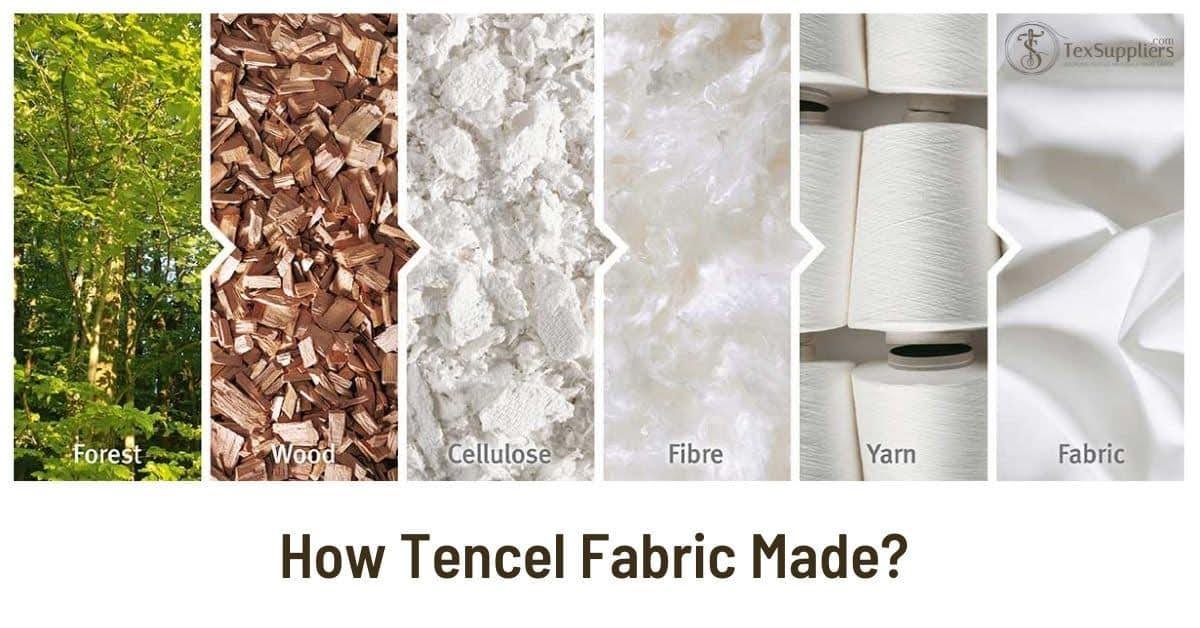
While it is made of wood pulp, it is not a natural fiber. Industry experts call it regenerated cellulose rather than synthetic or natural cloth. In either case, Tencel production has no negative environmental impacts. It consumes less energy and water than most other fabrics in its category, such as cotton. Sadly, it isn't as sustainable as recycled fibers or organic linen. It also gets points for being biodegradable. However, you should check the quality of the Tencel fabric. Due to its versatility, it is commonly blended with other synthetic fibers or dyed with conventional dyes that are not eco-friendly.
Tencel vs. Lyocell
Actually, Tencel and lyocell are just identical in appearance, feel, and wear. This is due to the fact that they are manufactured using the same raw materials and using the same production method. Similar to TencelTM, Lyocell is created from natural cellulose materials, most frequently wood pulp from eucalyptus trees, although it can also be made from other woods such as beech, bamboo, and others.
Tencel and Lyocell are made using a technology that is significantly more environmentally friendly than prior kinds of cellulose fabrics, such as rayon or modal. Heavy viscose processing was used in the production of these earlier models, which had negative consequences for the environment.
So, what is it about Tencel that you've never heard of before? Tencel appears to be hogging all of the attention these days, with lyocell practically appearing as an afterthought as an environmentally benign alternative fiber. This is due to the fact that the Tencel brand has come to represent everything lyocell.
Tencel and Lyocell are identical in every way except for the name. Tencel is merely a brand name for a type of fiber. In this case, the term Tencel refers to a brand of lyocell fibers developed by the Austrian textile business Lenzing AG and marketed under the Tencel trademark.
Wrap up
Tencel fabric is created from fibers taken from sustainable sources and goes through a rigorously regulated process to assure high quality. Consequently, it is a popular choice for apparel and bedding because of its versatility.



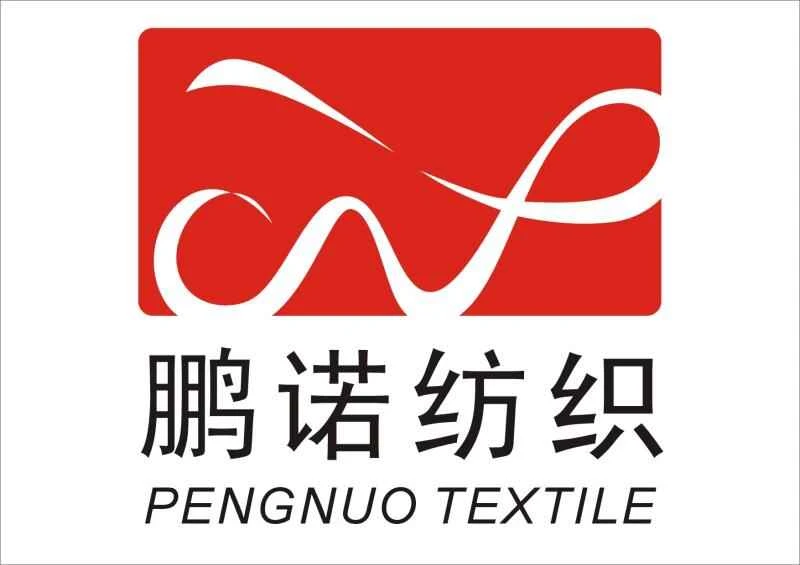

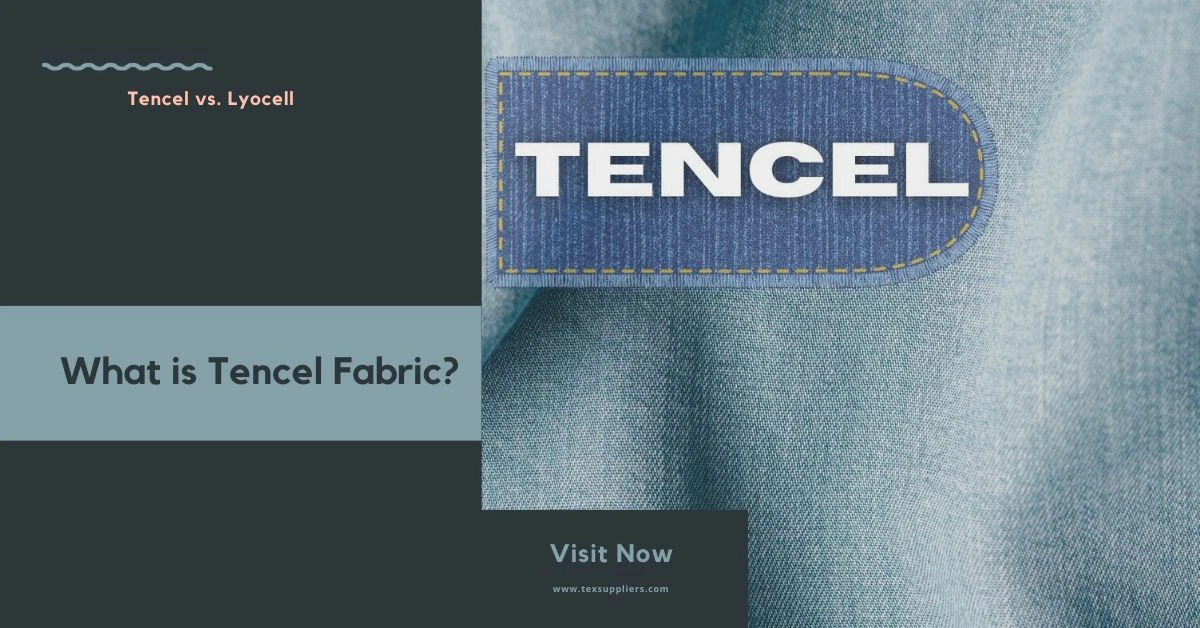

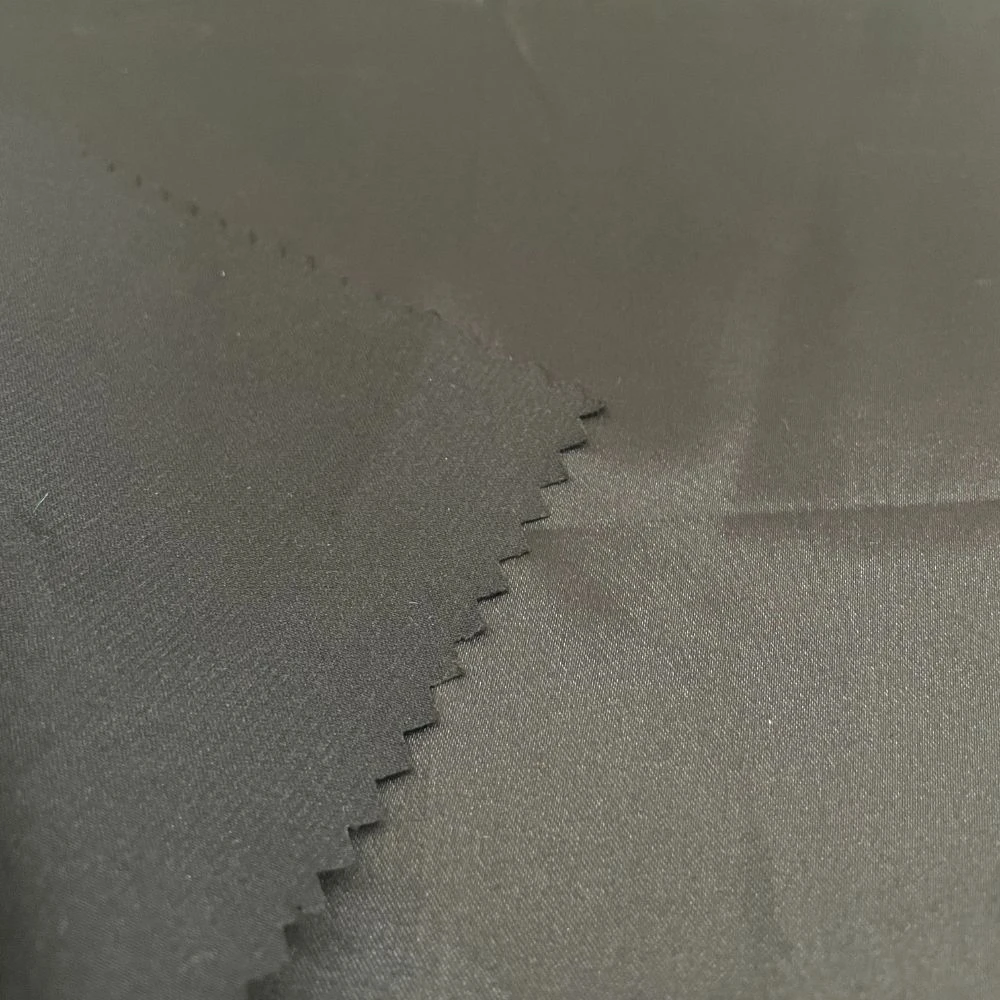
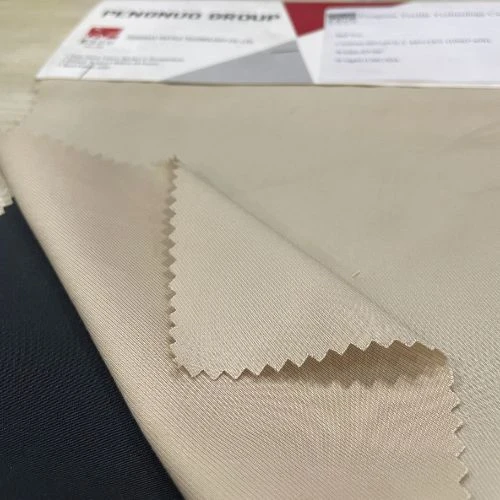
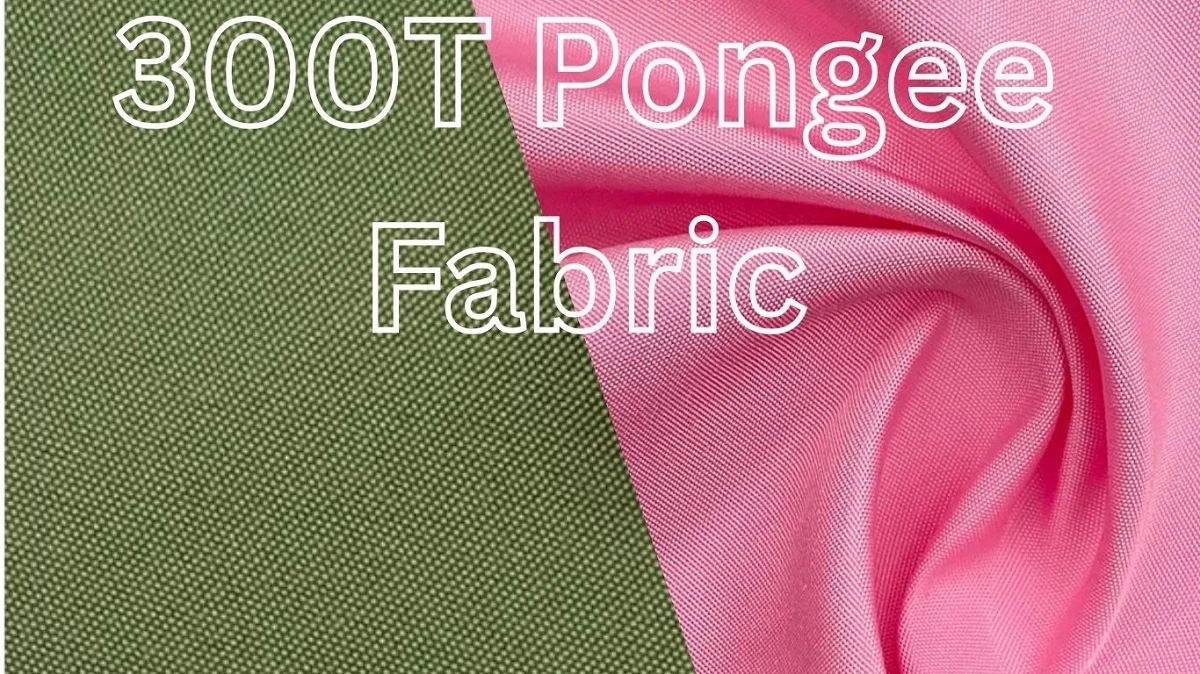
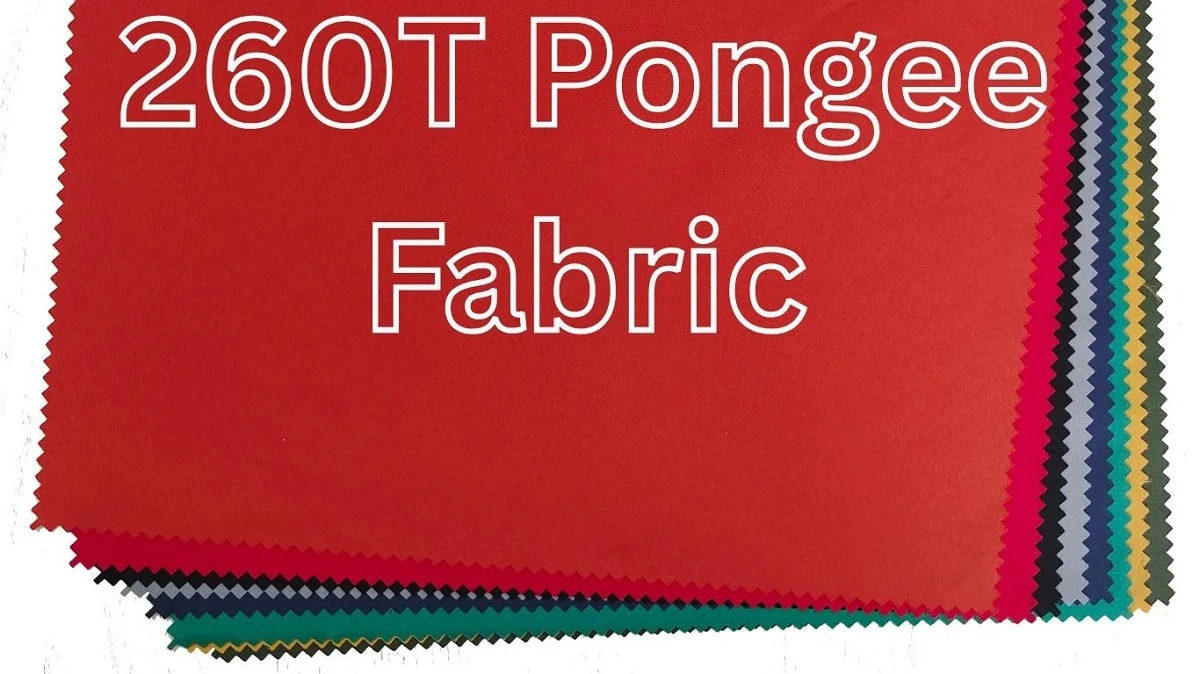
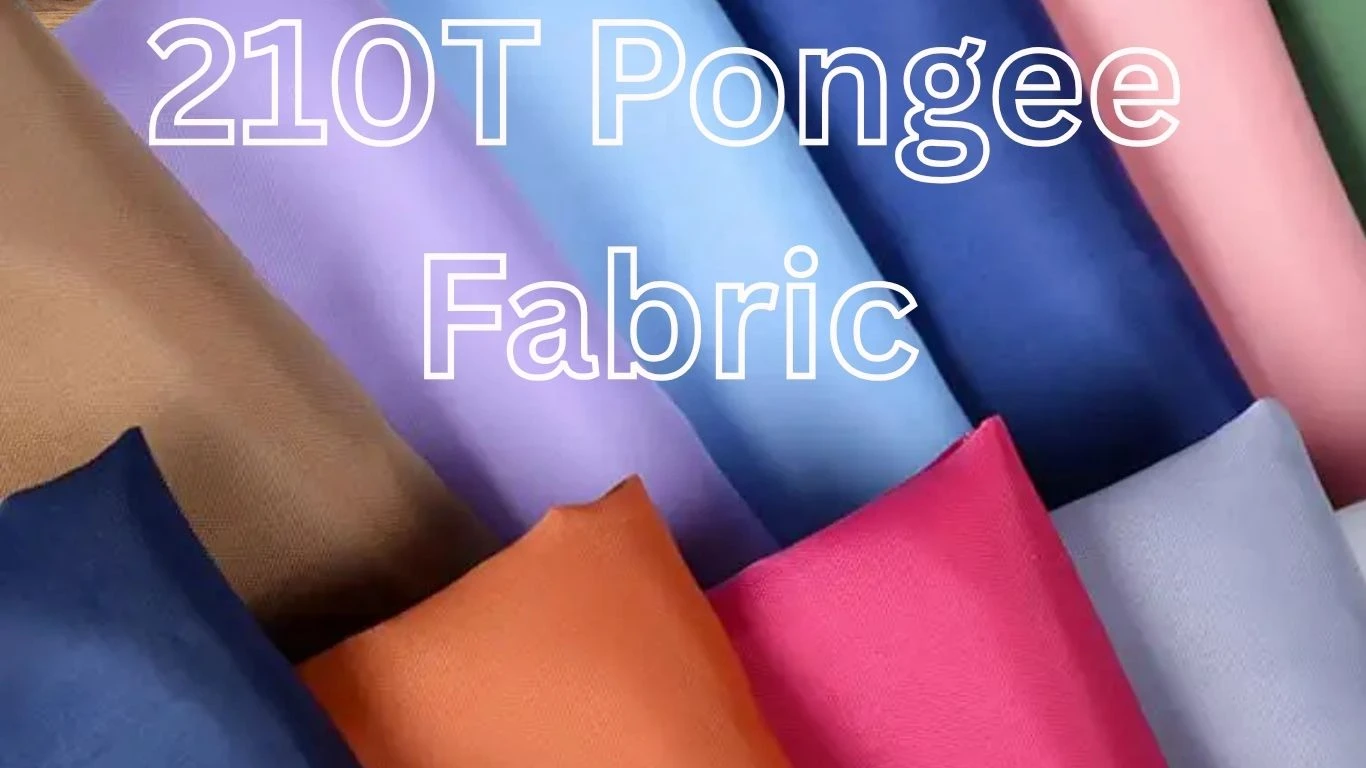
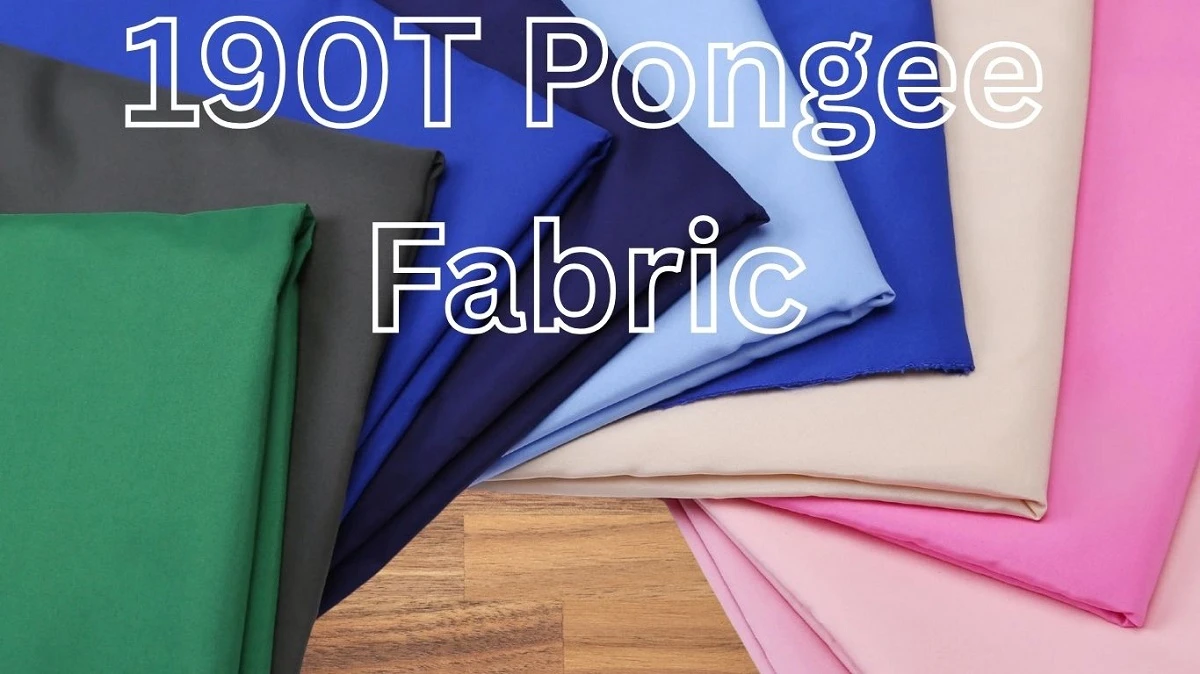
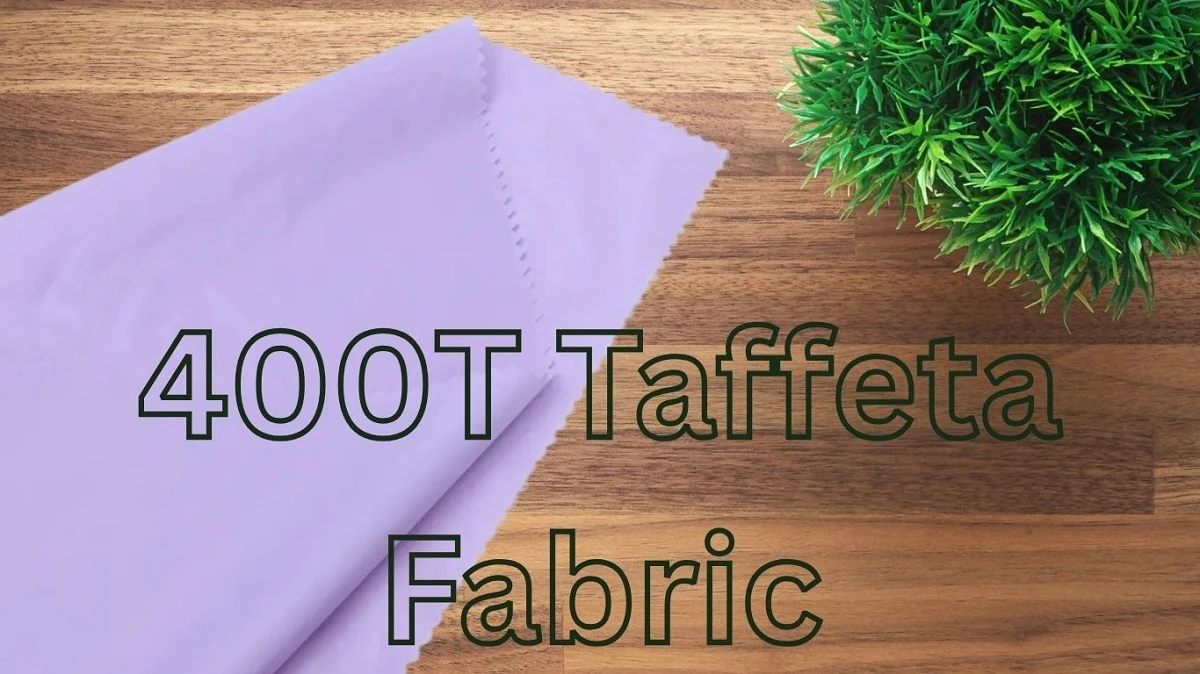
Comments - 00
Leave A Reply
Thanks for choosing to leave a comment.